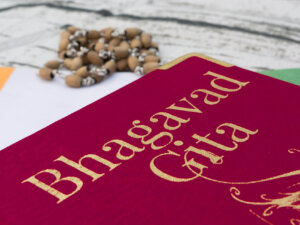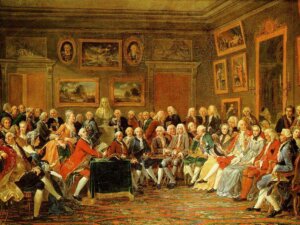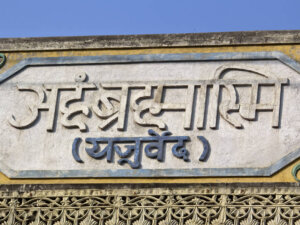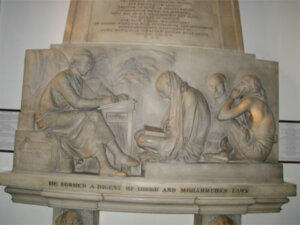
Annual Giving Campaign - 2023-2024 is under way. Donate today by Clicking Here, and help us reach our goal.
So far, $897,915 has been raised out of a target of $ 5 Million. Click Here to donate today and help us reach our goal.


In stock
Select options
In stock
Select options
This course is currently unavailable for registration
Select options
This course is currently unavailable for registration
Select options
This course is currently unavailable for registration
Read more
In stock
Select options
In stock
Select options
This course is currently unavailable for registration
Select options
Sign-up for HUA communications
Main Campus:
Administrative Office:
Sign-up for our free webinars
"*" indicates required fields

